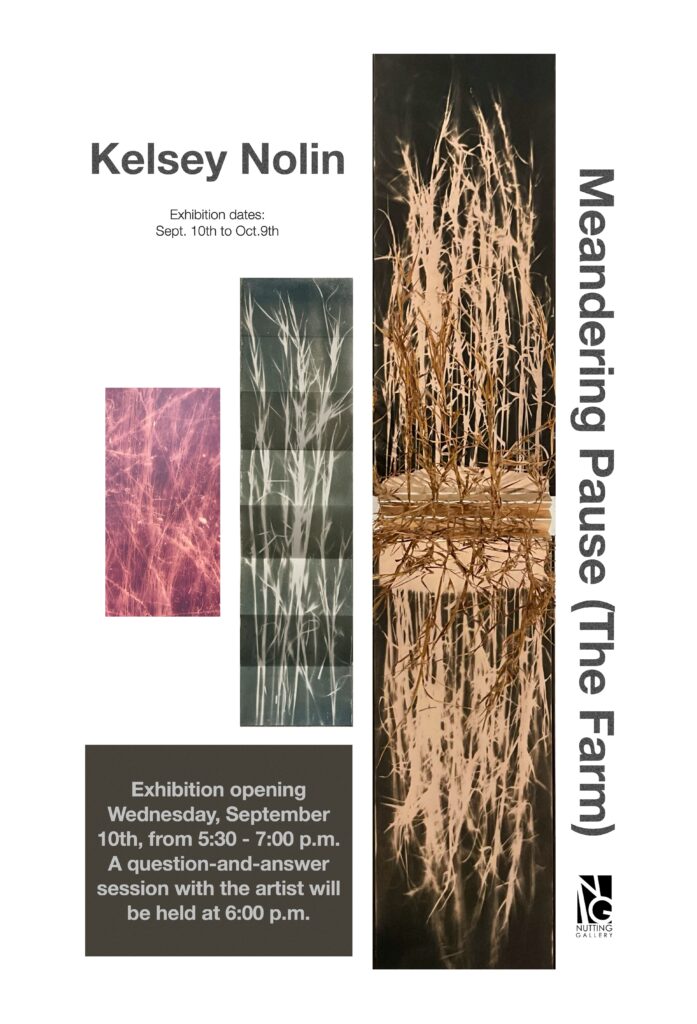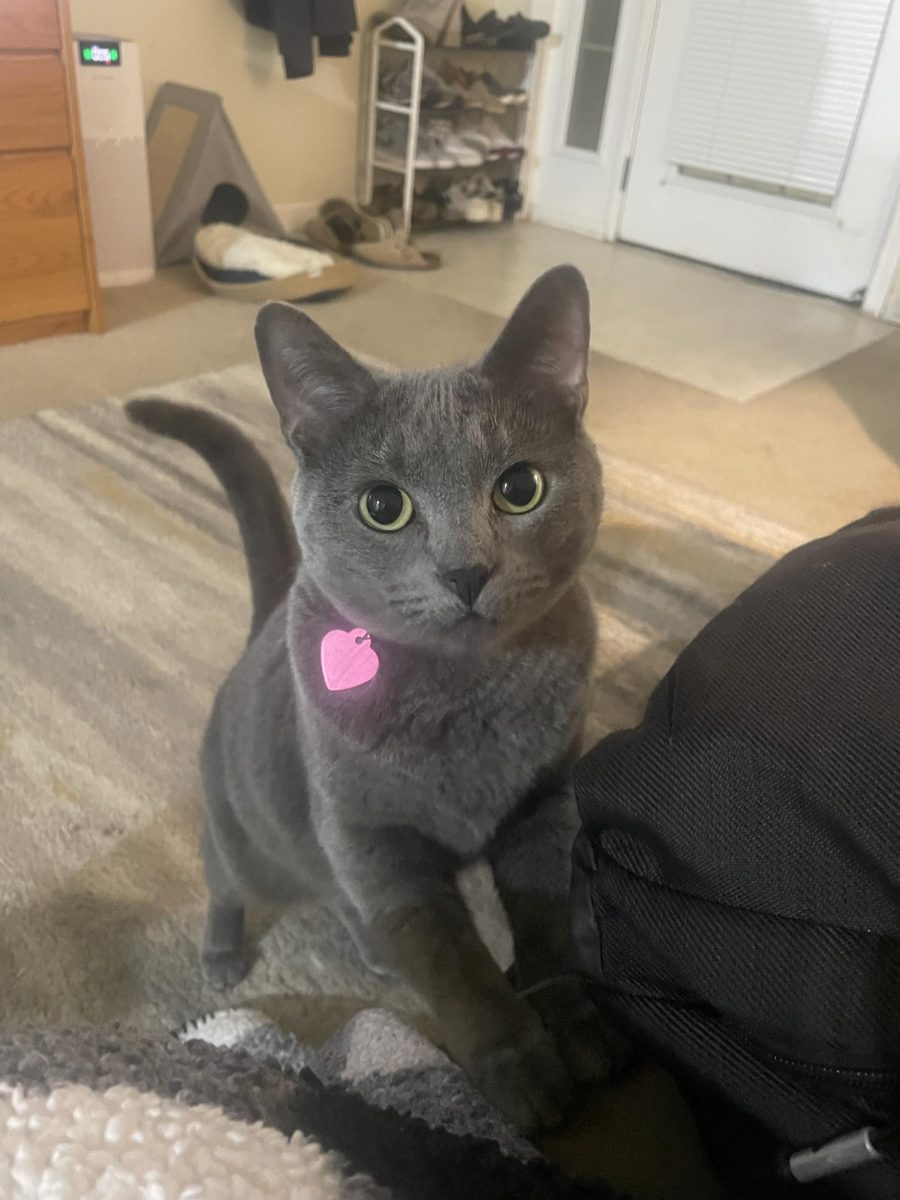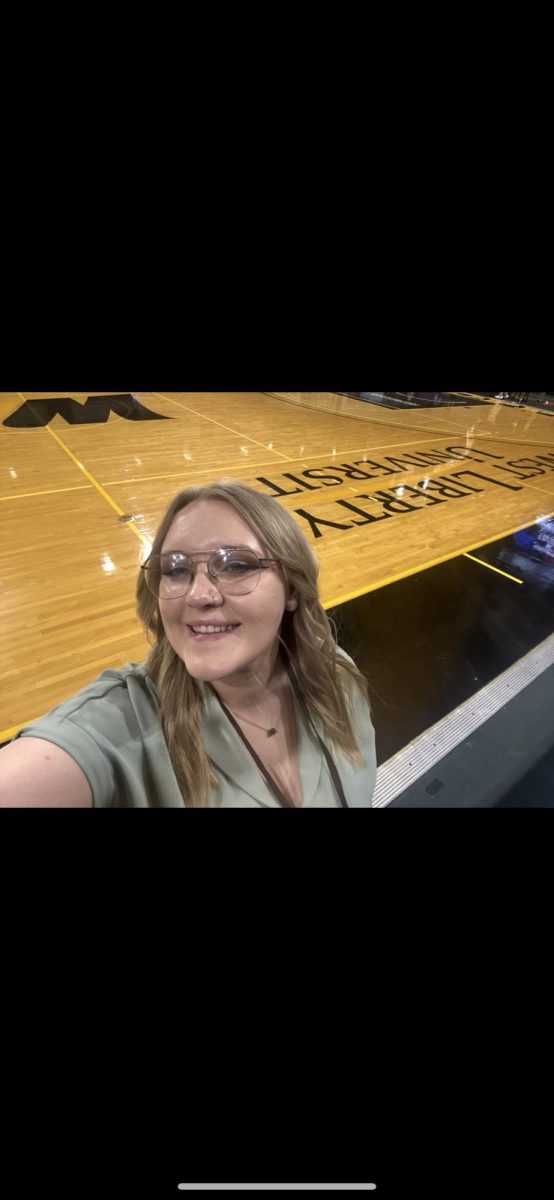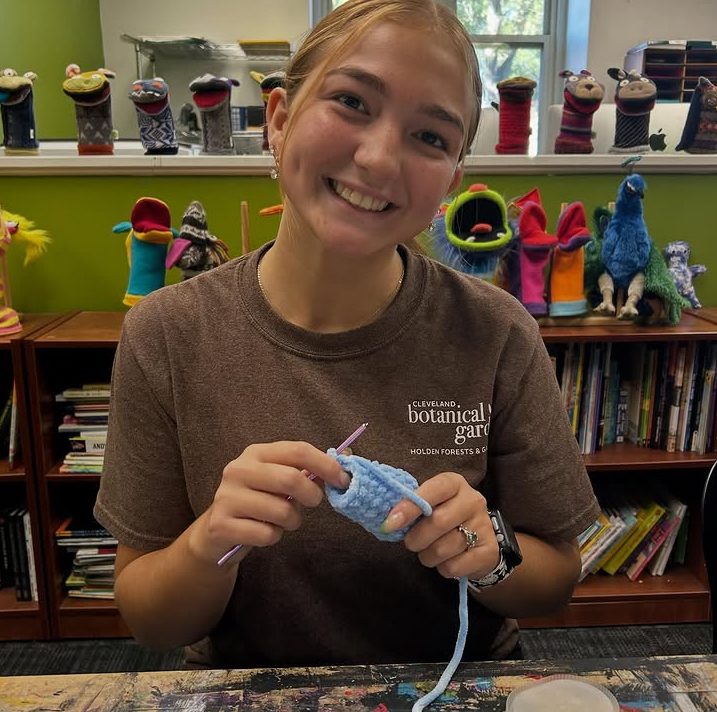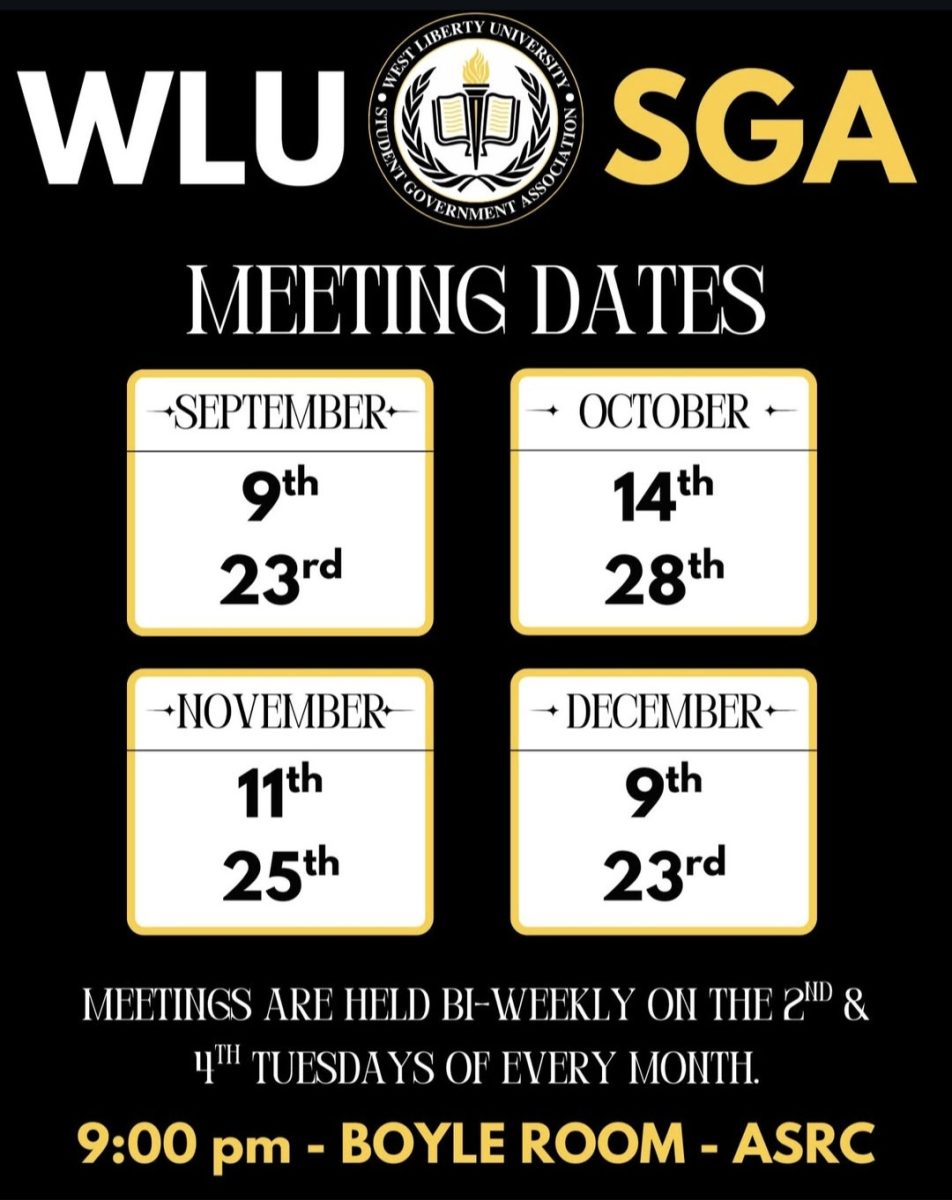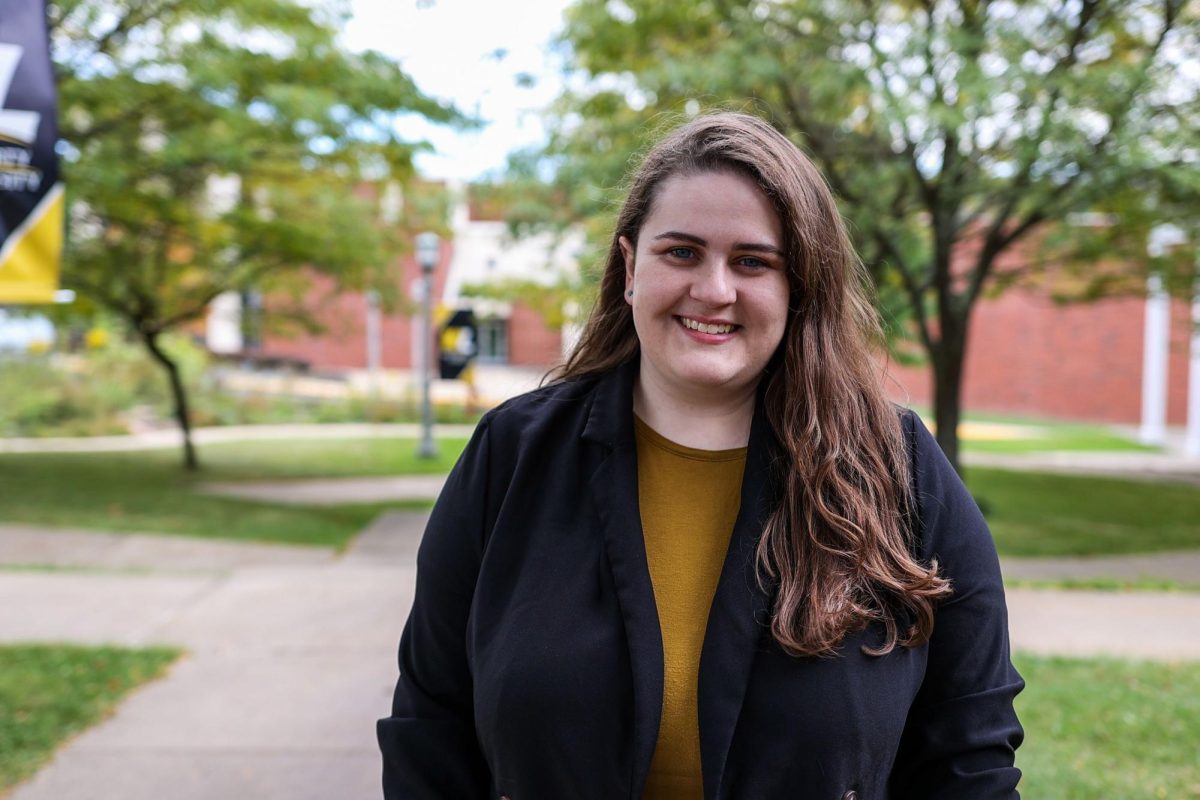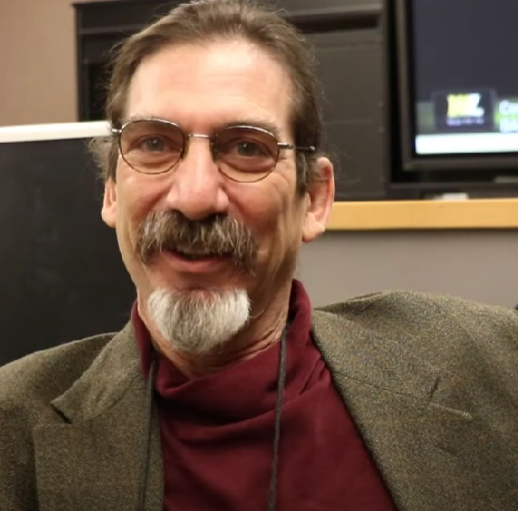WEST LIBERTY, WV— Take a walk down the narrow music hallway of the Fine Arts Building at West Liberty University, where you’ll find students laughing and sharing experiences of their day-to-day lives and practice rooms filled with different majors rehearsing on their instruments. At the end of the hallway, however, the walls vibrate with the layered harmonies, the powerful unison, and the occasional silence of a breath of the WLU Singers, West Liberty University’s choir.
The choir, led by Dr. Douglas McCall, Assistant Director of Music, is a collective group of students from all majors who come together twice a week to sing. After each meeting, students walk in pairs to dinner or their next class, still humming a familiar tune or laughing with their fellow choir member. What makes WLU’s choir unique to this campus community?
In my opinion, Dr. McCall is the leading force for the reason why the choir is so impactful and welcoming. McCall came to WLU right after completing his PhD at Penn State in 2021. He was initially unfamiliar with West Liberty, saying, “I couldn’t have pointed to West Liberty on a map before I spoke with Dr. Cowan.”
He has been directing choirs for years at previous schools, but has certainly made a large impact at West Liberty. McCall is a big believer in choir being for everyone, not just music majors.
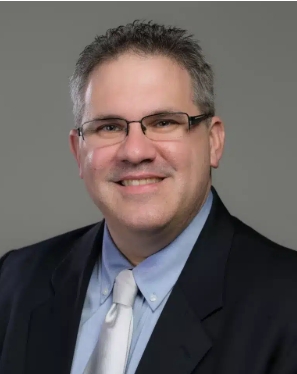
“I want a choir of 300 people in front of me because I’m pretty sure there are 300 people on campus who sing way more than they admit.”
Dr. McCall’s approach to recruitment is very open-door. During the first two weeks of classes, he could be seen sitting in the cafeteria with laminated signs taped to the back of his chair saying, “Like to sing in the shower or in the car? Join choir!”
In the rehearsal space, students spend their time working on repertoire Dr. McCall has handpicked for the chorus. Until the first day of classes, McCall has no idea what selection of students he’s going to have. He must make general assumptions on the variety of skill levels and interests to even conceptualize a concert theme.
Nevertheless, his repertoire never fails to both challenge and reflect the needs of the students. His technique for selecting pieces starts with one anchor piece that the rest of the concert is built around.
He has a particularly adept skill of balancing the old and new. He humors that so often we hear music from “old dead white guys” and that he values highlighting marginalized composers, saying “We don’t always honor young or LGBTQ or other marginalized communities. I wanted to shine a light on those voices.”
Last semester, the WLU Choir performed an LGBTQ+ themed concert, where the composers were all living members of the marginalized community, including a college student. Students had the opportunity to Zoom in and have a real conversation with each composer.
“When you do music of composers who are still living, you have this beautiful, unique opportunity to talk to them about why they wrote that piece… It gives you a level of understanding, an ability to perform the work in a much more authentic way.”
He sees this innovation as part of tradition and wants to push boundaries while still honoring the past. Most of his repertoire is composed of new and old composers with many different languages. For the Spring concert, McCall plans to do a Mozart Requiem, collaborating with several other choirs to promote community in the area and truly make something beautiful. He has plans to continue to expand the choir and spread awareness about it on campus, saying that there were a few students during the Fall organization fair who had no idea the university possessed a choir.
So what makes the WLU choir unique? Is it the eye for innovation or the blending of majors? McCall says it’s the same thing that makes every choir unique: the students. He emphasizes the importance of this community, and encourages any student to just join choir.
“Join choir. Whatever your major, come in. I don’t give you any homework ever. You can come in, do no work in between, and still learn everything everybody else has going on. So join choir. Always.”



